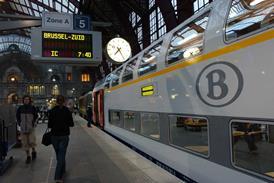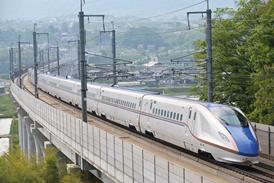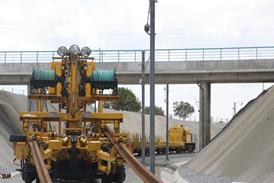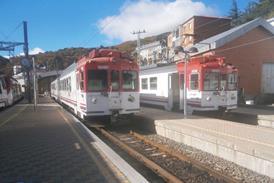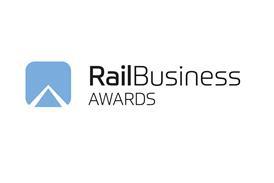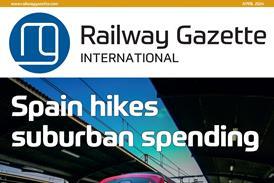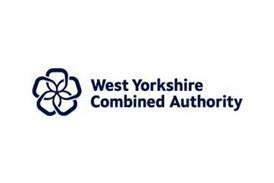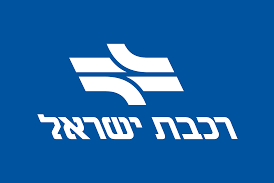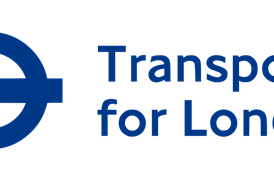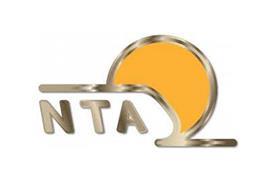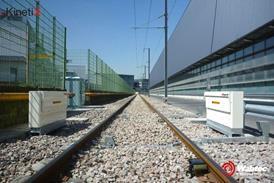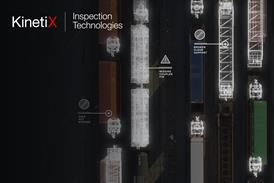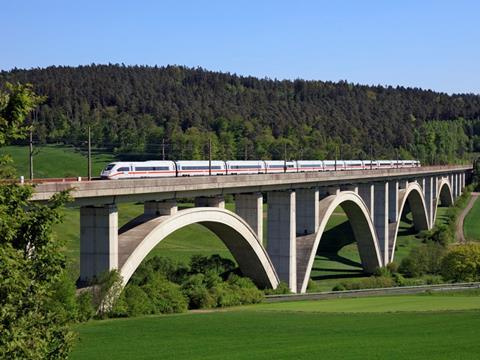
GERMANY: The so-called ‘traffic light coalition’ formed by the Social Democratic, Green and Free Democratic parties as the next federal government has committed to launching a ‘Rapid Capacity Expansion’ to enhance railway infrastructure as part of its wider transport strategy.
Setting out details of their coalition agreement on November 24, the three parties said they wanted to invest ‘considerably more in rail than in road’, in order to implement the projects that would facilitate a Deutschlandtakt national regular interval timetable ‘as a matter of priority’. FDP General Secretary and former Rheinland-Pfalz transport minister Dr Volker Wissing has been named as the incoming Federal Minister for Transport & Digital Infrastructure.
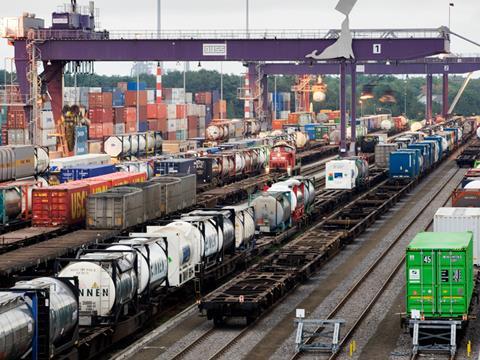
The coalition reaffirmed the previous government’s goal of increasing rail’s share of the freight transport market from the current 19% to 25% by 2030. In the passenger sector, the new administration is looking to double rail traffic by the end of the decade. The coalition partners have also set a target of having 75% of the network electrified by 2030, up from the current 60% and more ambitious than the earlier goal of 70%.
Responding to calls for the Deutsche Bahn holding group to be broken up to ensure greater transparency and facilitate competition, the coalition insisted that DB should be retained as an integrated group under public ownership. However, infrastructure businesses DB Netz and DB Stations & Service are to be ‘merged into a new infrastructure division for the common good’. This would ensure that any profits from infrastructure operations would be ploughed back into the business.
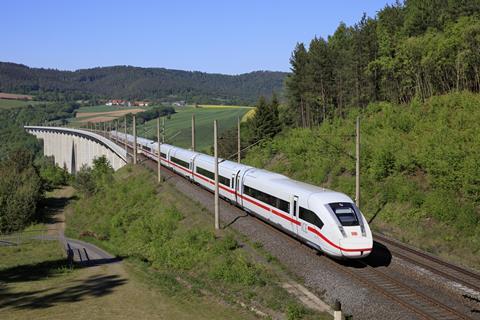
As part of its overall transport strategy, the coalition has agreed to increase road tolls on heavy lorries and align them more closely to CO2 emissions. Whereas revenue from the tolls is currently reserved for road construction, in future the money could be invested across the entire mobility sector. According to Martin Burkert, Deputy Chairman of the EVG railway union and a board member of rail lobby group Allianz pro Schiene, ‘this will open up urgently needed financial resources for the expansion of rail infrastructure’.
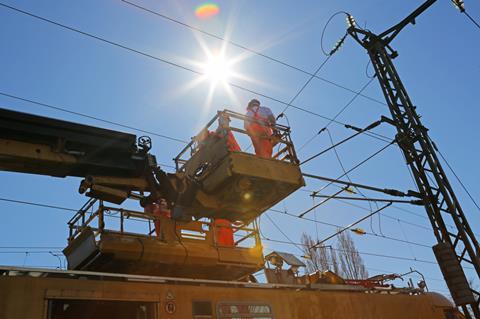
Spending on the federal trunk road network is to have ‘a stronger focus on maintenance and rehabilitation’, including the maintenance of major structures. Any proposals for new commercial and industrial developments would be mandated to examine the potential for incorporating a rail connection.
Allianz pro Schiene welcomed the coalition agreement as an ‘encouraging signal for a transport turnaround’, noting that ‘for the first time, a coalition is committing to the principle of rail before road when it comes to transport investment’. Managing Director Dirk Flege said the coalition was ‘giving priority to climate-friendly rail and thus fulfilling the industry’s central demand. This can be the dawn of a new era in transport policy’.

